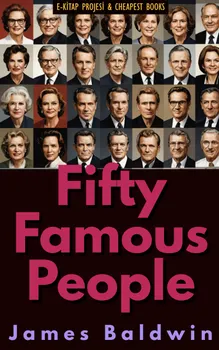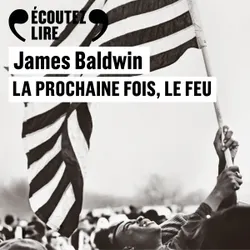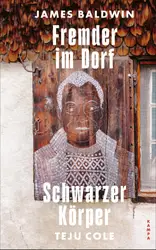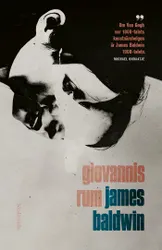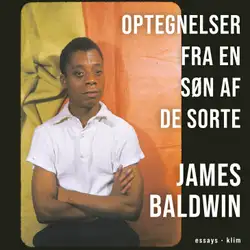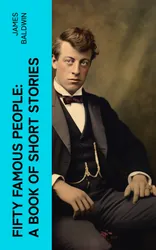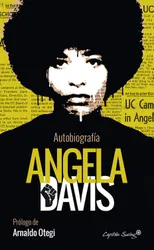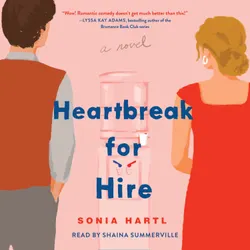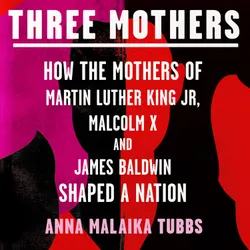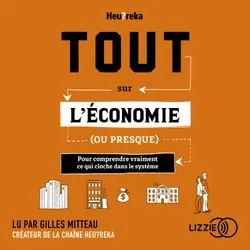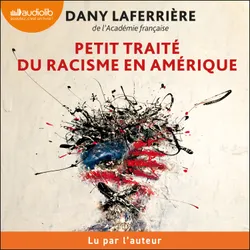ONE of the best things to be said of the stories in this volume is that, although they are not biographical, they are about real persons who actually lived and performed their parts in the great drama of the world's history. Some of these persons were more famous than others, yet all have left enduring "footprints on the sands of time" and their names will not cease to be remembered.
In each of the stories there is a basis of truth and an ethical lesson which cannot fail to have a wholesome influence; and each possesses elements of interest which, it is believed, will go far towards proving the fallibility of the doctrine that children find delight only in tales of the imaginative and unreal. The fact that there are a few more than fifty famous people mentioned in the volume may be credited to the author's wish to give good measure.
SAVING THE BIRDS
ONE day in spring four men were riding on horseback along a country road. These men were lawyers, and they were going to the next town to attend court.
There had been a rain, and the ground was very soft. Water was dripping from the trees, and the grass was wet.
The four lawyers rode along, one behind another; for the pathway was narrow, and the mud on each side of it was deep. They rode slowly, and talked and laughed and were very jolly.
As they were passing through a grove of small trees, they heard a great fluttering over their heads and a feeble chirping in the grass by the roadside.
"Stith! stith! stith!" came from the leafy branches above them.
"Cheep! cheep! cheep!" came from the wet grass.
"What is the matter here?" asked the first lawyer, whose name was Speed.
"Oh, it's only some old robins!" said the second lawyer, whose name was Hardin. "The storm has blown two of the little ones out of the nest. They are too young to fly, and the mother bird is making a great fuss about it."
"What a pity! They'll die down there in the grass," said the third lawyer, whose name I forget.
"Oh, well! They're nothing but birds," said Mr. Hardin. "Why should we bother?"
"Yes, why should we?" said Mr. Speed.
The three men, as they passed, looked down and saw the little birds fluttering in the cold, wet grass. They saw the mother robin flying about, and crying to her mate.
Then they rode on, talking and laughing as before. In a few minutes they had forgotten about the birds.
But the fourth lawyer, whose name was Abraham Lincoln, stopped. He got down from his horse and very gently took the little ones up in his big warm hands.
